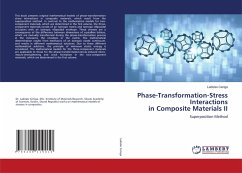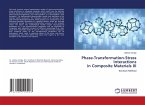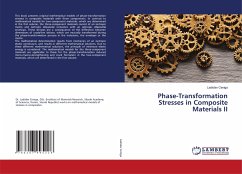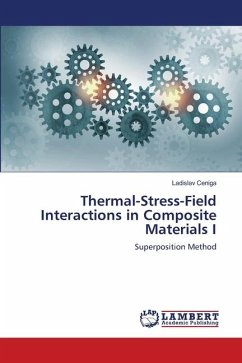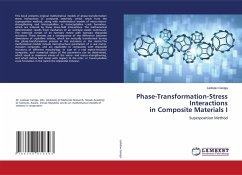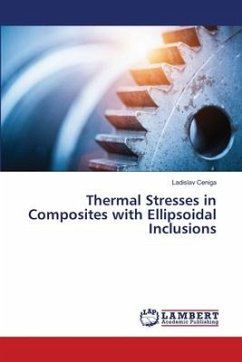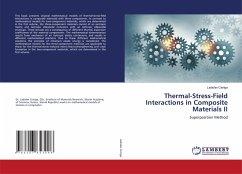This book presents original mathematical models of phase-transformation stress interactions in composite materials, which result from the superposition method. In contrast to the mathematical models for two-component materials, which are determined in the first volume, the three-component materials consist of an isotropic matrix and isotropic ellipsoidal inclusions with an isotropic ellipsoidal envelope. These stresses are a consequence of the difference between dimensions of crystalline lattices, which are mutually transformed during the phase-transformation process in the inclusions, the envelope or the matrix. The mathematical determination results from mechanics of an isotropic elastic continuum, and results in different mathematical solutions. Due to these different mathematical solutions, the principle of minimum elastic energy is considered. The mathematical models for the three-component materials are applicable to those for the phase-transformation-stress induced micro-/macro-strengthening and crack formation in the two-component materials, which are determined in the first volume.
Bitte wählen Sie Ihr Anliegen aus.
Rechnungen
Retourenschein anfordern
Bestellstatus
Storno

